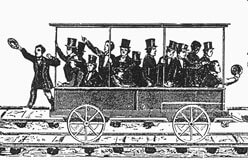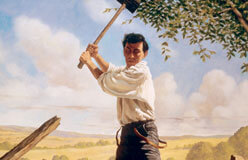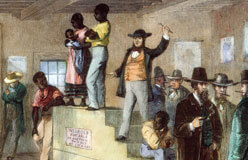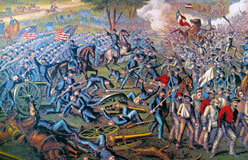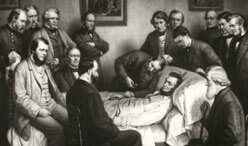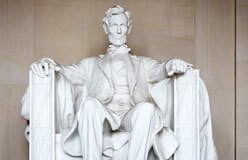On April 14, 1865, Abraham Lincoln was a happy man. The war that had filled his presidency with anxious days and sleepless nights had ended five days earlier with the surrender of General Robert E. Lee.
The people had reelected Lincoln to a second term the November before. In March, he had taken his second oath of office. In his second inaugural address, he mentioned giving some former enslaved persons the right to vote. He was looking forward to reuniting the nation—“with malice toward none.” He also looked forward to the future, to returning to Illinois in four years and spending time relaxing with friends and family.
As for that particular Friday, Lincoln had more immediate plans. There were few things he enjoyed more than a night at a good play, so he intended to go to Ford’s Theatre with his wife, Mary, and some friends. But a man named John Wilkes Booth was also in the theater that night. During the play, he sneaked into Lincoln’s box, aimed his pistol, and fired. “The president is shot!” cried an actress from the stage. The following morning, at 7:22 a.m., Abraham Lincoln died. “Now he belongs to the ages,” said his secretary of war. Lincoln’s death came as a great shock to the country, because no American president had ever been murdered.
